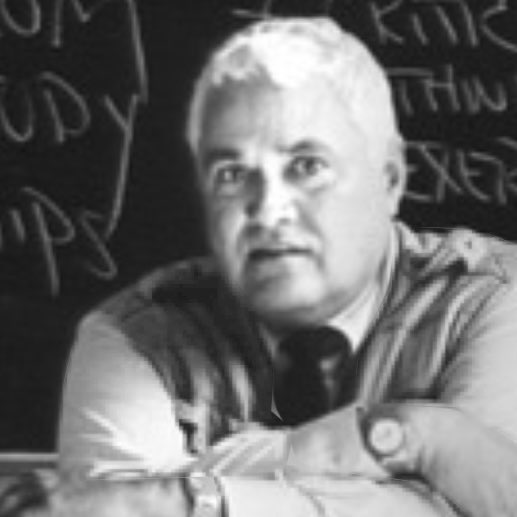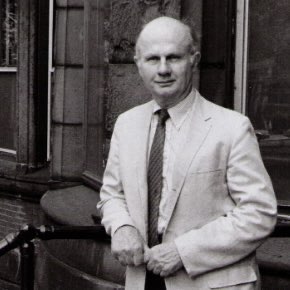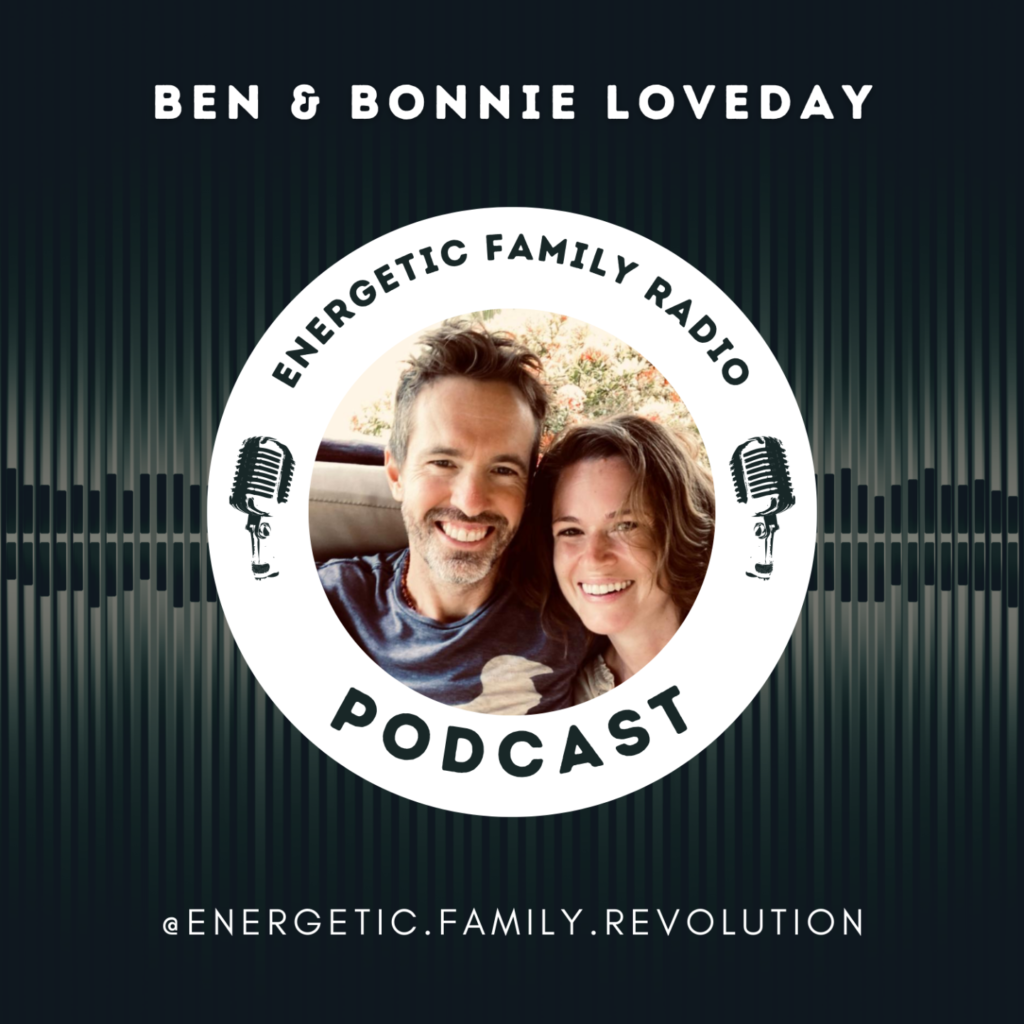The unschooling movement owes much of its inspiration and momentum to the groundbreaking work of two visionary educators: John Taylor Gatto and John Holt.
Through their profound insights into the natural learning processes of children and their impassioned advocacy, Gatto and Holt challenged conventional notions of schooling and paved the way for a revolutionary approach to education that prioritizes freedom, creativity, and self-directed learning.
John Taylor Gatto

John Taylor Gatto, a renowned author and multi-award-winning teacher, spent over three decades teaching in the public school system before resigning in disillusionment. His experiences led him to question the very foundations of traditional schooling and advocate for radical change.
Gatto’s seminal book, “Dumbing Us Down: The Hidden Curriculum of Compulsory Schooling,” exposed the dehumanizing effects of institutionalized education and called for a return to more authentic forms of learning rooted in community, curiosity, and personal agency.
“Whatever an education is, it should make you a unique individual, not a conformist; it should furnish you with an original spirit with which to tackle the big challenges; it should allow you to find values which will be your road map through life.”
John Taylor Gatto
In addition to his critique of traditional schooling, Gatto championed the concept of “unschooling,” which he viewed as a natural extension of his belief in the inherent creativity and intelligence of children.
“I’ve come to believe that genius is an exceedingly common human quality, probably natural to most of us.”
John Taylor Gatto
He saw unschooling not merely as an alternative to traditional schooling but as a liberation from its oppressive structures and a pathway to reclaiming one’s autonomy and individuality.
John Holt

John Holt, often regarded as the father of the unschooling movement, was an educator, author, and advocate for children’s rights. His groundbreaking book, “How Children Fail,” challenged the conventional wisdom that children learn best through coercion and regimentation, arguing instead for a more child-centered approach that respects and nurtures their innate curiosity and autonomy.
Central to John Holt’s philosophy is the belief that children are inherently curious, capable, and eager to learn when given the freedom to pursue their interests and passions.
“What is most important and valuable about the home as a base for children’s growth into the world is not that it is a better school than the schools, but that it isn’t a school at all.”
John Holt
He emphasized the importance of creating a supportive environment that respects children’s autonomy and fosters their natural love of learning through meaningful, hands-on experiences. Holt rejected the idea of education as a passive process of absorbing information and instead advocated for an active, experiential approach that encourages children to explore, question, and make sense of the world around them.
For Holt, education was not just about preparing children for the future but about nurturing their innate potential and helping them become confident, compassionate, and self-directed individuals who are equipped to navigate life’s challenges with courage and creativity.
“The true test of character is not how much we know how to do, but how we behave when we don’t know what to do.”
John Holt
Holt’s work laid the foundation for the unschooling philosophy, emphasizing the importance of trusting children to direct their own learning and honoring their natural inclination to explore, play, and discover.
Educational Visionaries
Gatto and Holt inspired a generation of parents and educators to rethink the purpose and practice of education.
Their ideas continue to shape the unschooling movement today, offering a radical vision of education that empowers children to become active participants in their own learning journey and fosters a lifelong love of learning.

Be sure to check out Ben and Bonnie’s inspiring podcast episode about the power of unschooling.
Gatto Reading List
I cannot pick a favorite among Gatto’s books. They have been the most beneficial, inspirational, centering books on our family’s unschooling journey!
1. Dumbing Us Down: The Hidden Curriculum of Compulsory Schooling (1992)
Gatto’s most well-known book challenges the traditional schooling system, arguing that compulsory education stifles creativity, critical thinking, and individuality. He explores what he calls the “hidden curriculum,” which teaches conformity, passivity, and obedience. The book consists of speeches and essays from Gatto’s teaching career, aiming to inspire parents to rethink schooling for their children.
2. The Underground History of American Education: A Schoolteacher’s Intimate Investigation into the Problem of Modern Schooling (2000)
This book provides a deep historical and philosophical look into how the U.S. education system evolved to control and shape individuals rather than cultivate unique minds. Gatto traces the history of compulsory schooling, exploring its influence on society and individual potential.
3. Weapons of Mass Instruction: A Schoolteacher’s Journey Through the Dark World of Compulsory Schooling (2008)
In this critical work, Gatto argues that schooling is used as a tool for social engineering, stripping away genuine learning and encouraging conformity over critical thinking. He shares anecdotes from his own teaching experiences, illustrating how traditional schools can harm rather than help young minds. Gatto also offers ideas for how students, parents, and educators can break free from these limitations.
4. A Different Kind of Teacher: Solving the Crisis of American Schooling (2002)
This collection of essays offers Gatto’s thoughts on what real education should look like. He argues for a model that prioritizes practical life skills, self-directed learning, and real-world experiences. Gatto shares strategies and ideas for parents and teachers to provide a more meaningful educational experience for students.
Holt Reading List
John Holt’s books were critical guideposts in my early days of unschooling as I took a deep dive into understanding how children really learn and how they fail.
1. How Children Fail (1964)
In this groundbreaking book, Holt analyzes why children often fail to learn effectively in school. He examines the pressure and fear that conventional schooling creates and how these factors stifle children’s natural curiosity and learning abilities. The book argues that children fail not because of lack of ability but because of the restrictive environment of traditional classrooms.
2. How Children Learn (1967)
This companion to How Children Fail explores how children learn best when they are self-directed and free to explore their interests. Through observation and anecdotes, Holt demonstrates that children have an innate curiosity and learn naturally through play, experimentation, and exploration.
3. Instead of Education: Ways to Help People Do Things Better (1976)
Holt advocates for alternatives to traditional schooling, arguing that education should be self-motivated and tailored to the learner’s needs and interests. He presents various methods of learning outside the classroom, such as apprenticeships, hands-on projects, and self-directed study. This book is a powerful resource for those interested in homeschooling and unschooling.
4. Teach Your Own: The John Holt Book of Homeschooling (1981)
This foundational book on homeschooling provides insights and guidance for parents who want to educate their children outside of traditional schools. Holt offers practical advice on how to create a rich learning environment at home, drawing on the principles of self-directed learning. This book is often regarded as a homeschooling bible and continues to inspire families worldwide.
5. Learning All the Time (1989)
Published posthumously, this book reflects Holt’s observations on how children naturally learn through their everyday experiences. He shares stories and examples illustrating how children learn to read, write, and think critically without formal instruction. It reinforces his belief that learning happens all the time and that traditional schooling often interrupts rather than enhances this natural process.

